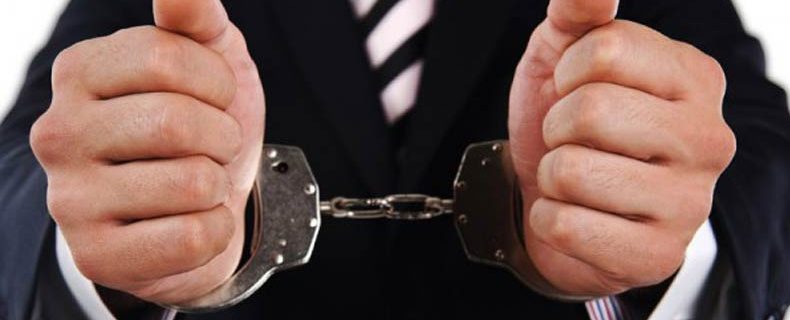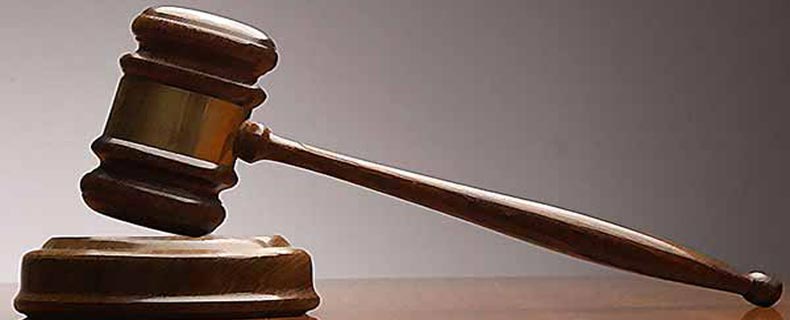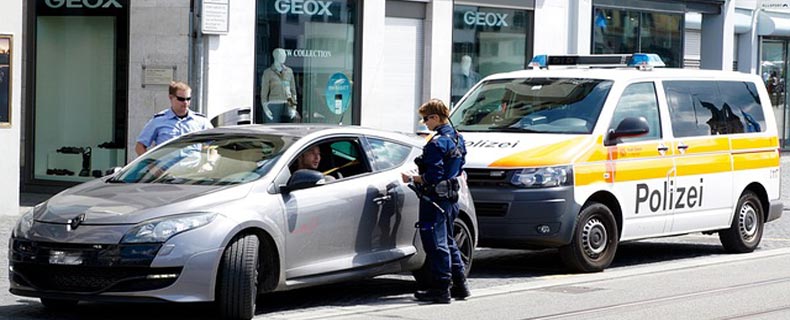We’ve all seen our fair share of criminal behavior online. From people fencing stolen merchandise on Craig’s List or eBay, to someone live streaming a criminal act on Facebook. If you’ve done something wrong, find a good criminal lawyer and don’t compound the error by engaging in any of the following activity. Here’s a list for us of the Dumbest Things Criminals Do Online….
Stop Talking
I’m serious, stop talking about what you did, to anyone, period. This includes bragging about the crime on social media. Do you think police won’t search your social media posts if they suspect you of something? They will, I promise you. Because of my profession I know many police officers, including detectives, and they have countless stories of finding criminals by doing searches online. Also, do you think other people won’t rat you out once they see incriminating posts online? Sorry, I guarantee you someone who as access to your social medial profile doesn’t like you and won’t hesitate to drop a dime. There’s nothing to be proud of here, criminal behavior is not something you should boast about or even talk about. The types of criminals who do talk about their crimes – those are the ones behind bars.
Smart Phones
These wonderful devices are your enemy if you’ve committed a crime. Why? They’re a walking talking trove of evidence about where you’ve been and what you’ve been doing. These include GPS information about where you’ve been traveling and where you’ve made phone calls as well as providing police with time and date stamps on pictures you may have taken or texts you may have sent. And they are so common most of us forget we even have them on our person.




